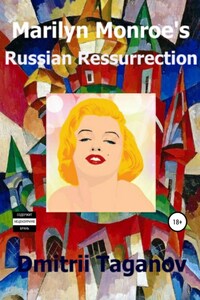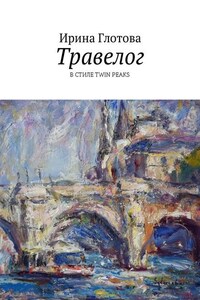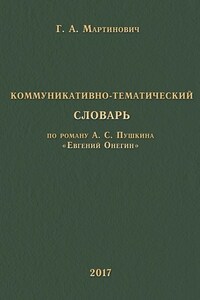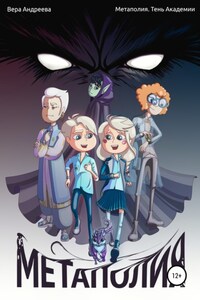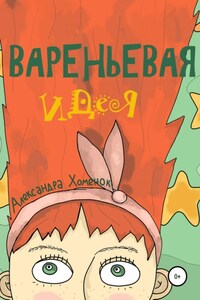Being late
I was waiting for this man for over half an hour. I’ve been sitting by the window in a half-empty café, looking at the yellowing autumn trees, deep-blue skies, eying with great affection my new olive motorbike Harley. That was a wonderful Indian summer in Moscow, Russia, that’s called “Women’s summer” here, the last warm and dry good days. So I did not miss a day without my bike, before getting for next half a year, until late in the spring, into my old dusty jeep.
It was quite strange that this man was late the very first day. He asked me to meet him, fixed himself this time of a day and did not turn up. That was my new client, though probably a client. Because I did not say OK yesterday, because the phone call is not enough; moreover he could not state anything clear and comprehensible enough over the phone, and I did not understand his problem. I’ve just returned to Moscow from northern woods, after two-week vacation with my fishing gear and mushroom basket, so I was eager to get back to hard work. That’s why I wasn’t too choosy as usual, filtering out banal or plainly criminal proposals, and agreed to meet him in this café.
I earn my bread as a private detective, that’s quite a new profession in post-Communist Russia, and I specialize in corporate conflicts. Those are frauds, abuses, thefts, and similar dirt and rows in large corporations that recently went private. Too big money and resulting greed is their common problem, not yet restrained after decades of Communist rule and morale. Though, it always goes with blood, murders, abductions, and similar pus. But money they are craving for, and ready to cut throats each other, bring them at the end nothing but misery, and that happens before my eyes every month. However, the man who called me over the phone yesterday was not of that sort: he was associated with politics and, as I could guess, with big politics ahead of coming elections to Russian parliament Duma. That was something quite new for me, and though I warned him of my area of expertise and complete ignorance of current post-Communist politics, the man insisted, and I decided to see him.
My glass of juice was empty, so I looked at my watch and ordered double portion of ice-cream. Anyway, all my clients happen to live under such a stress that could be late not just half an hour, or forget all about appointment, but probably might also wind up in the hospital with nervous breakdown, so they need some mercy. “Hell with that,” I decided, “I’ll wait some more!”
The waiter did not yet bring my ice-cream as the cell-phone squeaked in my pocket. I recognized his voice at once.
“Nicolas? Sokolov? You hear?”
“I hear you, yes. Speak louder!”
“It’s Fomin speaking. Too noisy here! Listen, I won’t come to you, I cannot, emergency’s here. Do you hear me?”
I told him I heard him all right. His voice was trembling, breath coming in gasps. I heard also noise in the phone: voices, knocks, raps.
“Nicolas, I’m sorry! You know there is a dead body beside me! Hey, you hear me? Dead body of employee found just this morning. Police is here, lots of them. I can’t come over to you.”
“I understand, and don’t you worry, I’ll see you some other time. I’m sorry.”
“No, no, today! You should come here! Right now! You hear me?”
I was startled: never did I go to any crime scene with a dead body, not yet having seen the client, or figure out what my job might be.
“Come over to you now? Serious? Just to see some corpse?”
“Yes, now, while the body is still here! Can’t you? Please.”
“What should I unearth for you over there?”
“The cause of his death. It’s very important to us!”
“To whom?”
“To the leaders of our party. Please.”
“OK, I’m coming.”
I wrote down the address. That was inside the central Bulvarnoe ring, half an hour by bike, the headquarters of their party: Communist party, or more accurately, one of them. There were several just in Moscow, all of them inside Bulvarnoe ring neighboring Kremlin, the tiny hairs of once powerful Communist party of Soviet Union. I left the café and hopped over my Harley. As I pulled from the parking lot I felt a pleasant tickle inside of me, and I knew what it meant: coming days won’t be dull for me.
When I arrived the body was lying on two office tables drown together. Over the body, from the head with ruffled blond hair to the naked pale feet, was dangling a thick electric cable. I recognized this man just glancing at his pale face with half-closed eyes. But not just his face or eyes, but everything here, including this twisted cable, seemed to me an absolutely improbable, a hundred percent déjà vu. Or more precisely, like a hundred-year-old photograph that I’ve seen so many times before.
Police investigators just left this place before I came here, and in this ordinary city apartment stayed only employees or, more to the point, this party’s head members. When I entered this apartment from the staircase two huge young men at once blocked my way. But they were not professional guards – I can easily spot those. These looked like old Soviet style volunteers of militia, druzhinniki, they even had red bands on their sleeves. One of them, apparently taking me for minor party member coming for some routine, declared resolutely but softly that “no reception today by Ts-Ka”, and I should better call by phone tomorrow. Ts-Ka was for Central Committee of Communist Party, and that was obvious for everybody coming here. I was born and raised under very hard Communist regime in this country where only one party was legal for seventy years, that’s why this softly spoken Ts-Ka had effect of electricity on me. The only thing that still ringed funny for me, this once mighty and inaccessible party organ now inhabited such a shabby place and received members and guests so simply. Times have changed, indeed.
In short, I told these two that somebody named Fomin asked me to come here immediately, and then one of them dashed back into the rooms, and in a half a minute returned with middle-aged slender man. The man had a short haircut, dressed in a dark expensive suit and white shirt with a tie. Silently and grimly as it’s suitable only at funeral, he shook my hand and with a jest invited to follow him.
We walked through the room that served as an office; it was quite large, with heaps of papers and rather old office equipment on the tables. It was empty and quiet as it happens in the places with a dead body lying somewhere. But next room was all different. It seemed as if in a moment I traveled thirty years back to glorious days of Communist Russian Empire. There stood huge, three yards high plaster bust of founder of that Empire Vladimir Lenin, sacred person for Communists of the whole world. On the wall behind it were gloriously spread two large flags, with golden profiles of this Communist saint glittering on its heavy dark-blood colored velvet.
